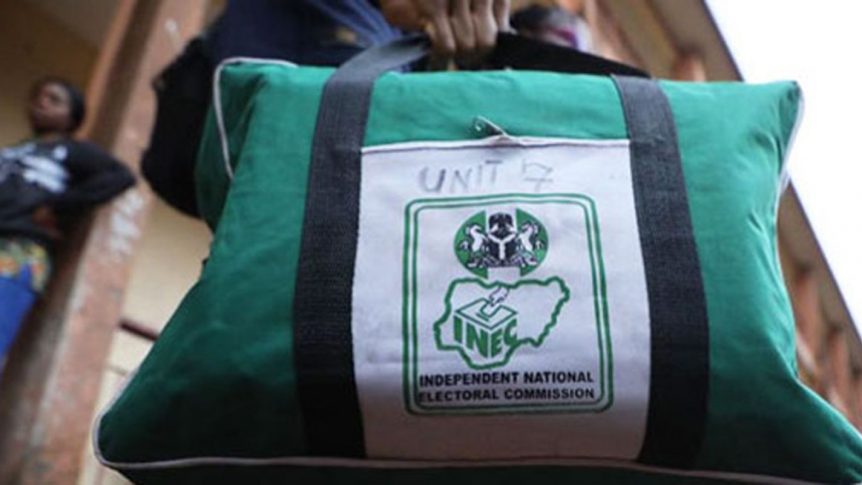Nigeria should brace itself for low-quality and questionable leaders unless stringent measures are taken to combat the menace of vote trading before the 2023 general elections, according to election experts in the country.
They advised the National Assembly to move quickly on the proposed Electoral Offences Commission Bill in order to deal decisively with electoral offences in Nigeria.
The experts issued the warning during a policy dialogue organised by the Electoral Forum on the theme “Addressing Vote Trading in Nigeria: Lessons from Global Comparative Experiences,” which was co-hosted by the Electoral Forum, the Open Society Initiative for West Africa, and the Macarthur Foundation.
Journalists in Abuja obtained the communique signed by the Forum’s chairman, Prof Adebayo Olukoshi, on Thursday.
The experts lamented that Nigeria had become a huge vote market, where ‘wholesale’, ‘middlemen’ and ‘retail’ vote-buying and selling are a common feature.
Read also: I Don’t own this house – Ronke Odusanya reacts to mansion rumours
Members who participated in event included the Provost, Anti-corruption Academy and member of Electoral Forum; immediate past INEC Resident Electoral Commissioners in Rivers State, Obo Effanga; chairman of the House of Representatives Committee on Electoral Matters, Aishatu Jibril Dukku; representatives of the Chairman, Independent National Electoral Commission, Deputy Senate President, among others.
According to them, past attempts by INEC to tackle the issue of money in politics have not been successful, primarily because erring politicians and moneybags were clever to ensure that the monies do not have digital footprints.
The participants Nigeria’s cash economy have also exacerbates the challenges of vote trading.
The communique read in part, “Lately, politicians have raised the stakes of money in politics. The political party primary elections have become so ‘dollarized’ that delegates have turned millionaires overnight.
“Vote trading leads to the emergence of low-quality and questionable leaders, who among other failings, usually lack the moral and political will to fight corruption in government.
“Vote trading is not limited to election seasons. It is common knowledge that National Assembly and State House of Assembly members ingratiate themselves with citizens who daily flock to their constituency offices seeking handouts. As long as most Nigerians are living below the poverty level due to failure of leadership or/and faulty developmental strategies, tackling vote trading will remain a herculean task.”
The experts recommended that the most effective way to reduce the menace to the barest minimum is for political leaders to empower citizens economically and consequently imbue in them the freedom of choice.
The communique said, “The constitution provides for political party accounts to be audited before and after elections. This presupposes that the party, and not the candidate, should fund election campaigns and other election-related activities. This way, monies are easily tracked and accounted for.
“Anti-corruption agencies like the EFCC and ICPC should consider developing a collaborative framework with political parties to ensure that the accounts of political parties are regularly scrutinised.
“The security component of the electoral process needs to be more intelligence-oriented. It is incumbent, therefore, on the DSS to be more involved in the electoral process and deploy its intelligence apparatus to fight the vote trading menace. It is obvious that the police alone cannot adequately and effectively police the process.
Read also: Truck crushes pregnant woman, minor to death in Ogun
“There should be greater buy-ins from all stakeholders across the spectrum of society to ensure that vote trading is tackled decisively. To this end, voter education and sensitisation should be a deliberate and consistent part of our national life.
“Political offices are so financially incentivised that politics has become one huge industry attracting all sorts of career politicians. There is an urgent need to make political offices less attractive to this category of politicians. Standards and knowledge should be the hallmarks of the political leadership and governance space.
“There is the need to start auditing the lifestyle and wealth of political office aspirants in order to stop those who have links to corruption and unaccounted wealth.”
![]()


